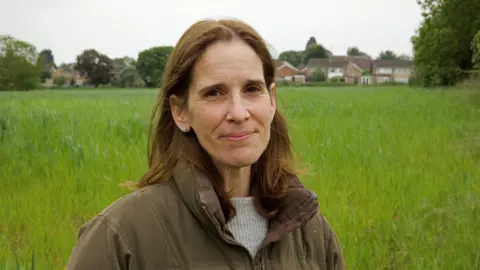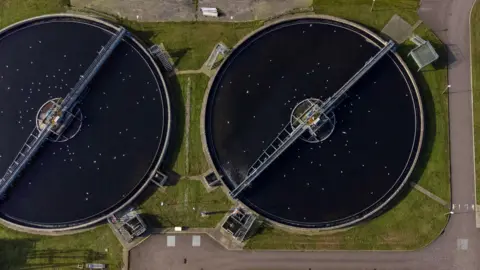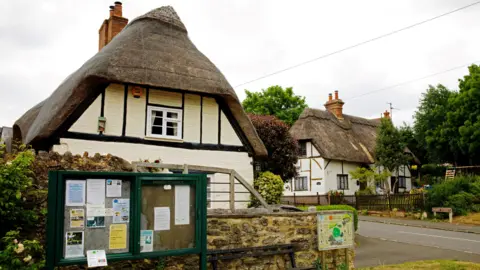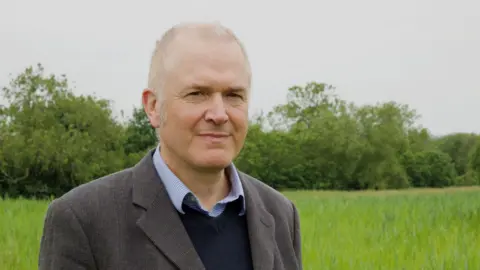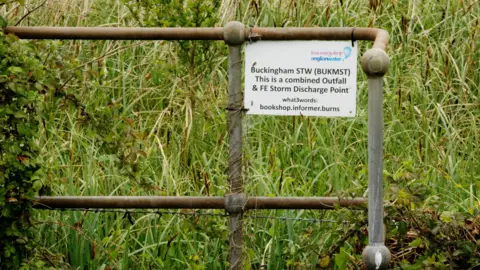U.S.-backed alternate aid distribution network begins Gaza operations

May 27 (UPI) — A new U.S.-Israeli mechanism for delivering humanitarian assistance into Gaza that bypasses the United Nations and other aid agencies in favor of armed private contractors was underway on Tuesday.
The Gaza Humanitarian Foundation said Monday it had begun distributing food to residents after lorry loads of supplies had been unloaded at secure hubs in the besieged Palestinian enclave — but did not provide details of quantities or the areas where it was being distributed.
“More trucks with aid will be delivered Tuesday, with the flow of aid increasing each day,” it said in a statement.
However, only around a dozen men with boxes under their arms were shown leaving an unspecified site in accompanying photos, according to the BBC.
Sources, who told The Washington Post that the first shipments went to a facility called Secure Distribution Site One near the so-called Philadelphi Corridor close to the border with Egypt, confirmed that not many people came to receive the aid on offer but that the operation went off without incident.
Under the plan, private contractors will secure supply corridors feeding aid distribution sites, designated by Israel, where pre-security-cleared Palestinians will be handed boxes of food and basic hygiene items weighing as much as 44 pounds. No explanation has been provided on how the elderly or disabled would cope with such loads.
The U.N. and traditional aid agencies reject the scheme, which aims to prevent aid from allegedly being stolen and resold by Hamas to fund its military operations against Israel, saying it goes against humanitarian ethics and “weaponizes” the issue of aid.
GHF Chief Operating Officer David Burke resigned a day after the body’s Executive Director and former U.S. Marine, Jake Wood, resigned, saying the scheme fell short of the central humanitarian tenets of “humanity, neutrality, impartiality, and independence.”
The board of GHF called Wood’s departure two months into the job “disappointing,” but vowed to press on with its work, with the goal of getting aid to more than 1 million people in Gaza by Sunday.
Burke did not immediately comment on his decision to resign from GHF, which is registered as a non-profit in both Switzerland and the U.S. state of Delaware.
GHF’s mission director in Gaza, John Acree, a former United States Agency for International Development official, has been appointed as Wood’s acting replacement.
The start of the GHF mission came a week after Israel lifted an 11-week aid blockade after coming under intense international pressure amid warnings of an imminent famine in Gaza, including unprecedented threats of “concrete actions” from Britain, France and Canada.
Aside from practical issues facing the infirm, the injured or children fending for themselves, the international aid community said the scheme would cause more displacement, place thousands of people in harm’s way, link aid to political and military goals and establish an intolerable precedent.
Norwegian Refugee Council General Secretary Jan Egeland called for a return to the tried and tested system developed by the U.N. and international aid agencies over many decades.
He accused GHF of being “militarised, privatised, politicized” and “not in conformity with neutrality.”



